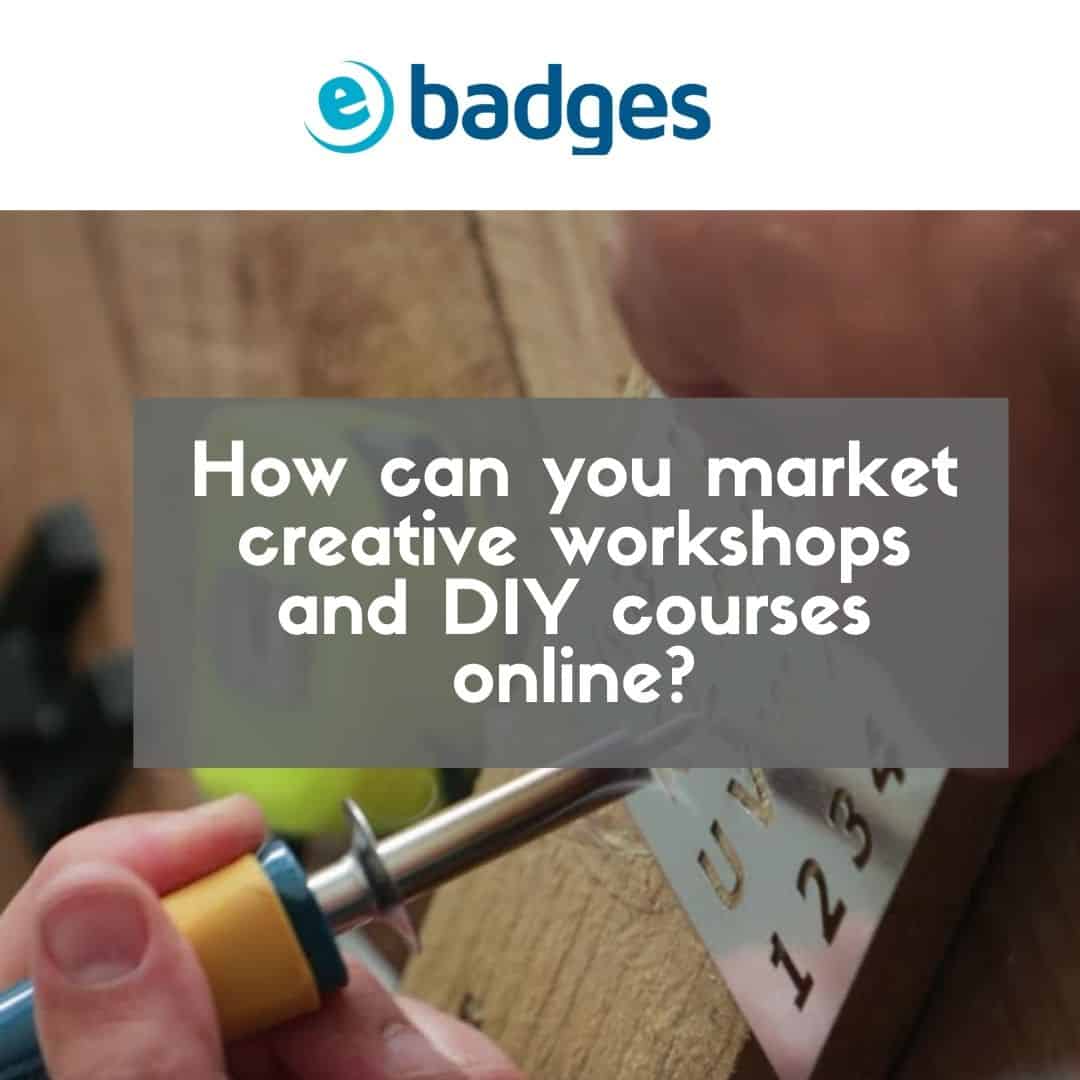As an experienced designer or artist, you are ideally placed to share your skills and knowledge, and train, showcase your skills, and have an additional source of income for your start-up business.
If you like to talk about your business and spread the word, then you may be the perfect teacher. Here’s a guide to show you how to sell your courses online.
The UK Do It Yourself market is worth in the region of £14Bn per annum and has once again started to experience positive growth after years of stagnation. So it is a great time to offer online courses in the fils of DIY.
Do you need a qualification to sell your craft courses online?
There are no compulsory qualifications for teaching a craft in France, but it would be desirable to have some experience or understanding of teaching methods and a good grasp of learning styles.
Even though it is not legally required, there are many training courses available where you can gain teaching skills if you think this would be worthwhile.
Potential students expect you to have a high level of experience and expertise in your field of activity, so that you can answer any questions they may have.
Also think about how you can promote your expertise when you advertise your workshops online. Why should potential students pay to attend your workshop? Are you a member of an association?
Prices: how much should you sell your workshops for?
Many craft teachers usually charge ‘a la carte’ rates, i.e. students pay for individual lessons. Discounts may be available for a block of several lessons, which is usually purchased in advance.
A good starting point is to look at what other teachers are charging for similar courses on sites that offer this type of service. You will need to work out how much you will spend to use an online course platform.
The usual rates for a 60-minute group course are between GBP20 and GBP40 per student, depending on the workshop and whether the materials are included. If this is the case, you will, of course, need to arrange for the materials to be sent a few days before the course.
Here are some platforms where you can offer your courses online:
https://www.craftcourses.com
General terms
It is recommended that craft tutors draw up a Terms and Conditions agreement which is communicated to students by email before the course starts. These Terms and Conditions serve to provide useful protection for both the student and the tutor in the event of any misunderstanding or complaint. These usually include the fees and payment terms, including the hourly rate and when payment is required.
– The time and place of the sessions.
– Materials or supplies included in the price.
– Cancellation policy.
– Refund policy.
– A data protection agreement confirming how your customers’ personal data will be stored.
Marketing: how to make your creative workshops known?
– You can list your workshops on directories, making sure to include all the key words that people might use when searching the Internet. Good quality photos are also essential.
– Create a simple website
– Use social media – create pages on Facebook, Instagram, Twitter and/or Pinterest to promote your workshops on community and craft groups. Ask your friends to share details of your workshops with their contacts.
– Creating a Google My Business page is free. You can describe your business, add photos and contact details. It will also improve your visibility on Google.
– Consider affiliation websites: other websites will talk about your activity, and for each registration you receive, you pay them a commission.
– If you have a list of contacts, make sure you inform them of your new course or workshop. Ideally, anyone attending your course should be added to your mailing list (with their permission).
– You can create a short video to give people a taste of what they will learn (go to youtube.com and enter ‘creative workshop’ in the search for examples of other courses.
– Create a website that is optimised for Google and other search engines to find you.


